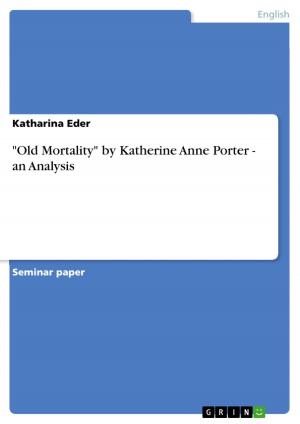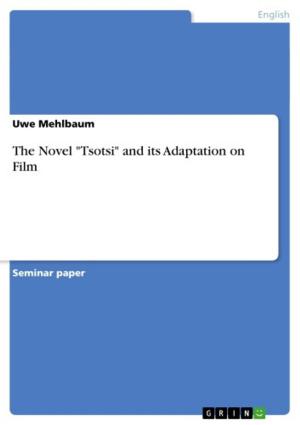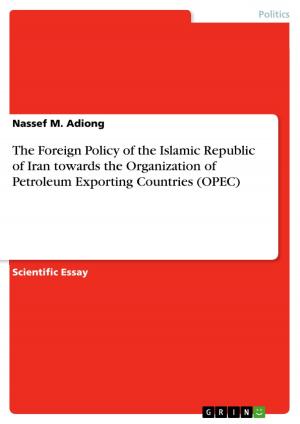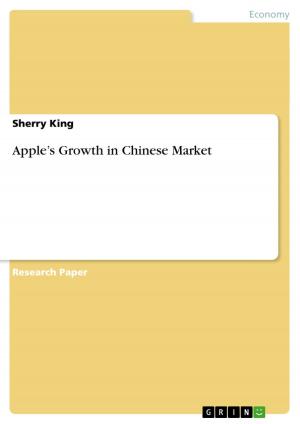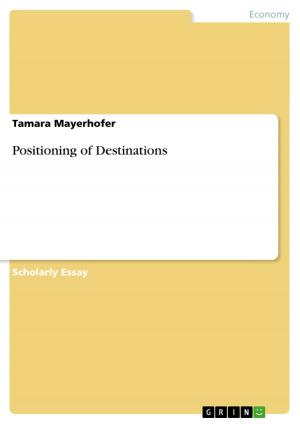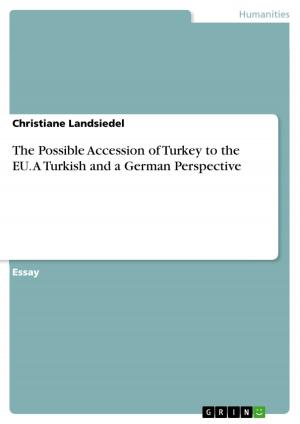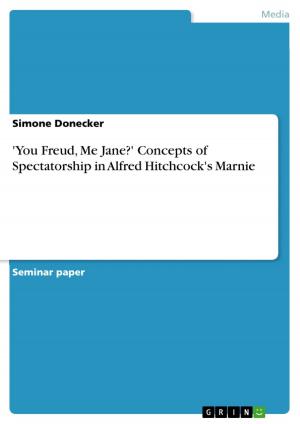The 1920´s hyperinflation in the light of the Rational Expectations Hypothesis
Business & Finance, Economics, Macroeconomics| Author: | Arturo Minet | ISBN: | 9783638816809 |
| Publisher: | GRIN Publishing | Publication: | July 10, 2007 |
| Imprint: | GRIN Publishing | Language: | English |
| Author: | Arturo Minet |
| ISBN: | 9783638816809 |
| Publisher: | GRIN Publishing |
| Publication: | July 10, 2007 |
| Imprint: | GRIN Publishing |
| Language: | English |
Essay from the year 2006 in the subject Economics - History, grade: 1,0, University of Warwick, course: International Economic Systems since 1918, 7 entries in the bibliography, language: English, abstract: After the First World War, Europe had lost its unrivalled economic hegemony over the rest of the world. The very fundament of the world economy, which supposedly had given stability over all the years, namely the gold standard, had practically disappeared. Except for the US Dollar, major currencies were no more backed by gold. During the years of 1914 - 1918, the European great powers had to give up the gold standard to be able to finance the cost of war. This was done mostly by printing large sums of money and by uncontrolled borrowing. The reluctance of the governments to levy higher taxes made short- and long-term debt enormous. After the Great War public expenditure rose even more in most countries due to the reparation and reconstruction costs. The unavoidable consequence (in absence of a restrictive monetary policy) was inflation. This essay is going to describe what happened to those states which experienced hyperinflation and how the abrupt end of it can be explained in terms of the Rational Expectations Hypothesis.
Essay from the year 2006 in the subject Economics - History, grade: 1,0, University of Warwick, course: International Economic Systems since 1918, 7 entries in the bibliography, language: English, abstract: After the First World War, Europe had lost its unrivalled economic hegemony over the rest of the world. The very fundament of the world economy, which supposedly had given stability over all the years, namely the gold standard, had practically disappeared. Except for the US Dollar, major currencies were no more backed by gold. During the years of 1914 - 1918, the European great powers had to give up the gold standard to be able to finance the cost of war. This was done mostly by printing large sums of money and by uncontrolled borrowing. The reluctance of the governments to levy higher taxes made short- and long-term debt enormous. After the Great War public expenditure rose even more in most countries due to the reparation and reconstruction costs. The unavoidable consequence (in absence of a restrictive monetary policy) was inflation. This essay is going to describe what happened to those states which experienced hyperinflation and how the abrupt end of it can be explained in terms of the Rational Expectations Hypothesis.

